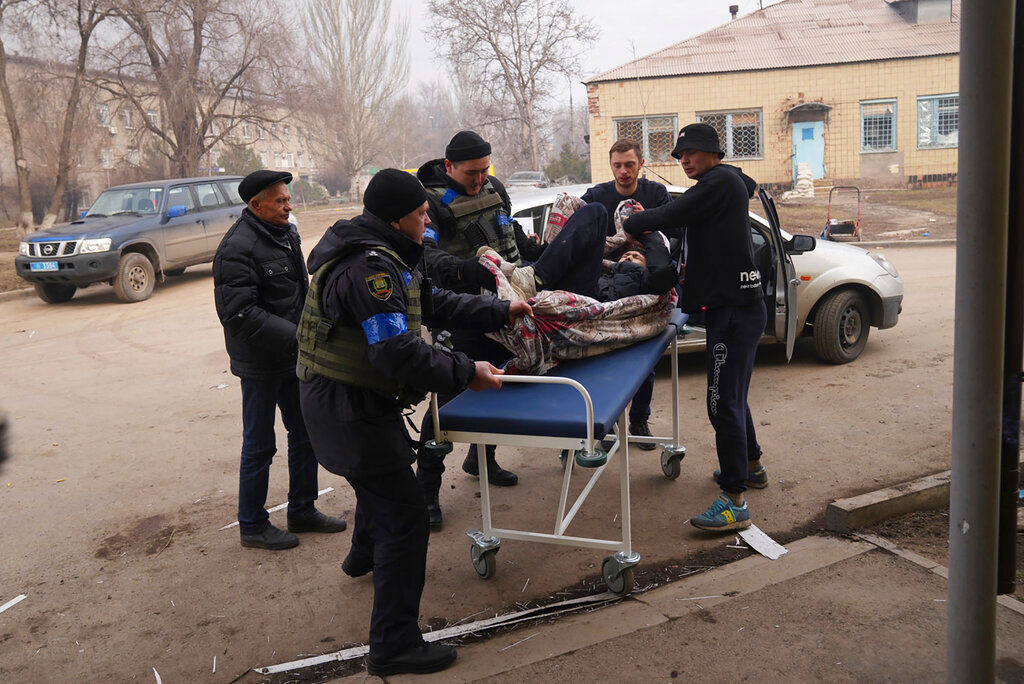The ongoing war in Ukraine has left the eastern European country devastated, but doctors fear further misfortune could be in store for the country as cases of COVID-19 and other infectious diseases such as polio, measles, and cholera are expected to rise.
Even prior to the Russian invasion, Ukraine had a low vaccination rate with regard to the aforementioned diseases and the destruction from the war and the toll it has taken on the healthcare system is likely to exacerbate the incidence of infectious diseases, doctors warned.
Also read | 9 out of 10 Ukrainians stare at poverty if Russian offensive goes on: UNDP
“In terms of what we call vaccine-preventable diseases, the status in Ukraine was that the population was not vaccinated to the extent which you would get herd immunity like you would in many other European countries or in the US,” Kate White, an emergency program manager for Doctors Without Borders, told CNN.
White also said that the strain on Ukraine’s healthcare system and the destruction from the ongoing war was likely to lead to considerable decreases in immunisation numbers in the country.
Also read | Explained: What is the US doing about Ukrainian refugees?
With thousands of Ukrainians huddled together in subways, basements, and other makeshift bomb shelters, some threats, such as COVID-19, are immediate. Others, meanwhile, are likely to arise from the conditions in Ukrainian towns and cities, several of which have experienced disruptions to water supply and electricity due to Russian bombardment.
The southern port city of Mariupol, under siege and under heavy bombardment, is particularly affected: according to the Human Rights Watch (HRW), Mariupol has not had access to running water, electricity, or heat since March 2, when Russian forces first surrounded the city.
Also read | In war-hit Yemen, famine fear looms; UN looks to raise $4.27 billion in aid
Mariupol also sits on the mouth of the heavily polluted Kalmius River and the water treatment plants in the city have not been able to function since March 2 due to disruptions in electricity supply. Incidentally, Mariupol was also the site of the last cholera outbreak in Europe in 2011 and doctors fear that the worsening situation could create conditions ripe for an outbreak.
To make matters worse, Russian shelling has left hospitals in Mariupol devastated, and has forced most pharmacies to shut down, leaving people stranded without access to medication.
Also read | Ceasefire talks with Russia sound ‘more realistic’ says Zelensky
Separately, the Stop TB Partnership in Geneva, Switzerland, said that in addition to “high” risk of polio and measles outbreaks, “diagnostic services and treatments for tuberculosis (TB) and HIV/AIDS are being interrupted, which will add to their already sky-high burden.”
“I am very, very worried for Ukraine. First and foremost, that this may lead to a long-term conflict that will completely destroy the health system,” Lucica Ditiu, the executive director of the Stop TB Partnership, told Nature.







